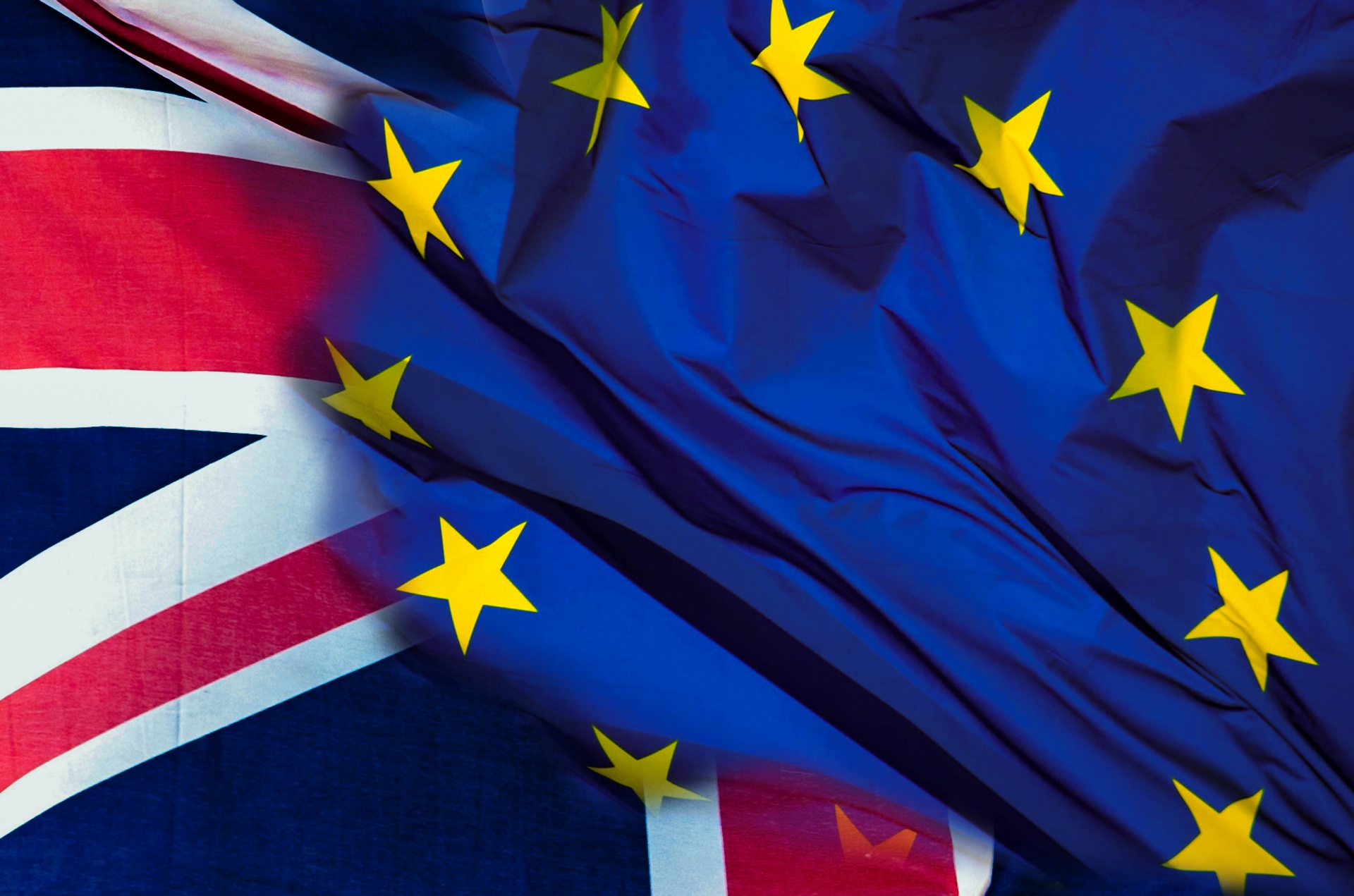
While there is no cause to believe that Britain’s strong position in the international insurance markets should change, the current uncertain situation raises many questions. For one thing, it could potentially hinder innovation in the Insurtech sector, which had only just started coming into its own.
We asked 3 questions from 2 insurance professionals about their take on Brexit’s potential impact on insurance technology and the UK insurance industry in general.
The views published here are personal.
In your opinion, how could Brexit affect insurance companies and insurtech startups?
Andrew Smith, Financial Director at Resolution Underwriting Partnership:
“Brexit has the potential to seriously disrupt business in all sectors, including insurance and insurtech startups but there is no reason for any disruption at all once the turbulence has settled. Much of the turbulence has arisen because governments appear to have made no preparations for the outcome decided by the voters while their exaggerations during the campaign has led many to fear their political messages might represent reality.
The volume of insurance traded across borders in the EU is not great. It has been estimated that as little as 4-5 per cent of Lloyd’s insurance income is from Europe. By contrast over 40 per cent comes from the US with whom we have not been in political integration since 1783.
A Single Market does not exist in services in the EU which has very few third party trade agreements which include services. Accordingly most existing business is being conducted outside any bureaucratic structures so Brexit will not create difficulties but the the terms of Brexit could do so.“
Risto Rossar, Founder and CEO of Insly:
“Insly currently has clients from more than 20 countries and many of them are outside the EU. For us there is really no considerable difference if our customer is based in EU or not, but this does not mean that that we are indifferent towards the EU.
The major impact for start-ups and technology companies is change in investors’ mood – more specifically if Brexit would considerably change investors’ appetite to make investments or not. I have heard from several cases where investors have already withdrawn their commitments to invest because of Brexit. I very much hope that investors will also stay calm and continue investing in the UK and in Europe as this is very important for the development of innovation.“
Do you think London’s strong position as a tech hub and innovation hotspot will be challenged?
Smith:
“London’s position depends on the depth of skills and knowledge in a relatively small area combined with an historic willingness to trade with the best, wherever they are in the world. International business is what built the City of London and no one here wants to damage that.
The only proposed challenge I have heard about so far has been from certain European politicians who appear to believe these matters are decided according to government policy and instruction, which is least of all the case in tech and insurance.“
Rossar:
“I think the major problem is not the fact that UK is leaving the EU, but the reason “why”. “Why” is always more important than “What”. The arguments that Leave supporters have made and the chaos and uncertainty that it will create in politics, in economy and in people is what will harm London. A tech hub needs to be innovative, open minded and managed by smart people, I have my doubts about Leave figureheads matching that necessary state of mind.”
What should insurance companies, investors and technology companies keep in mind to ensure that the insurance sector continues to innovate and grow?
Smith:
“Regulations and bureaucratic requirements unrelated to customer protection or market security should be resisted at all times as these are a potential dead hand to innovation. Brexit came about from a belief that the EU was imposing on Britain too many badly designed measures unrelated to our circumstances and needs. The insurance industry should assist governments to negotiate access to markets with minimum restrictions so that all consumers can benefit from continued innovation and competition.“
Rossar:
“Keep up the innovation, not to postpone investment decisions because of instability that Brexit has caused. If everyone keeps calm and continues to do business the way it was before Brexit then the harm that Brexit is causing can be kept to a minimum. I believe that the history and competence of London insurance sector is strong enough that Brexit shall not do it considerable harm unless the general attitude and wishful thinking triggers similar irrational behaviour as when people voted for Leave.“
Photo credit: bqigroup.com



